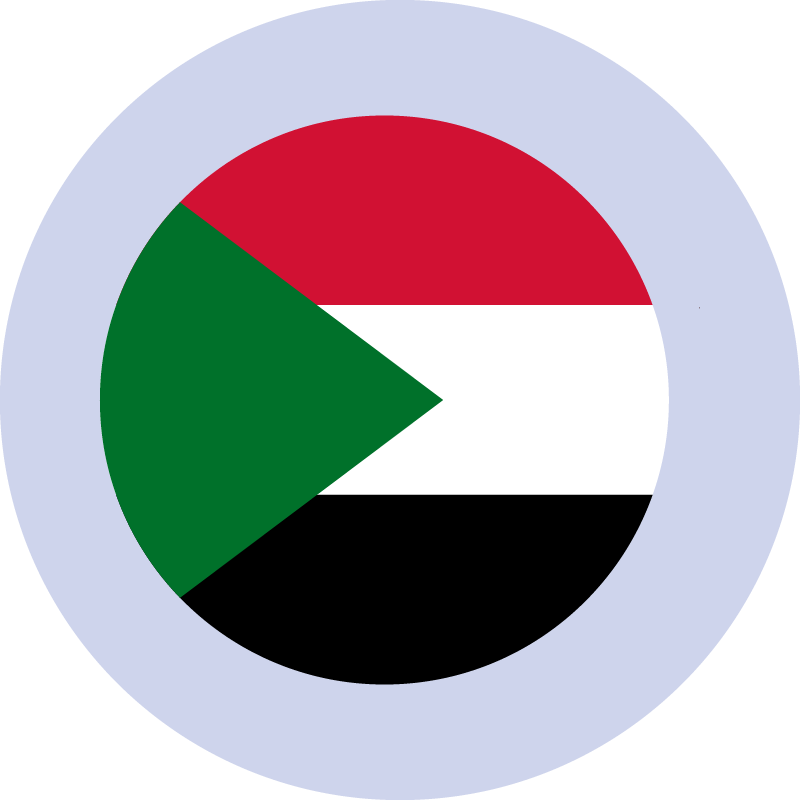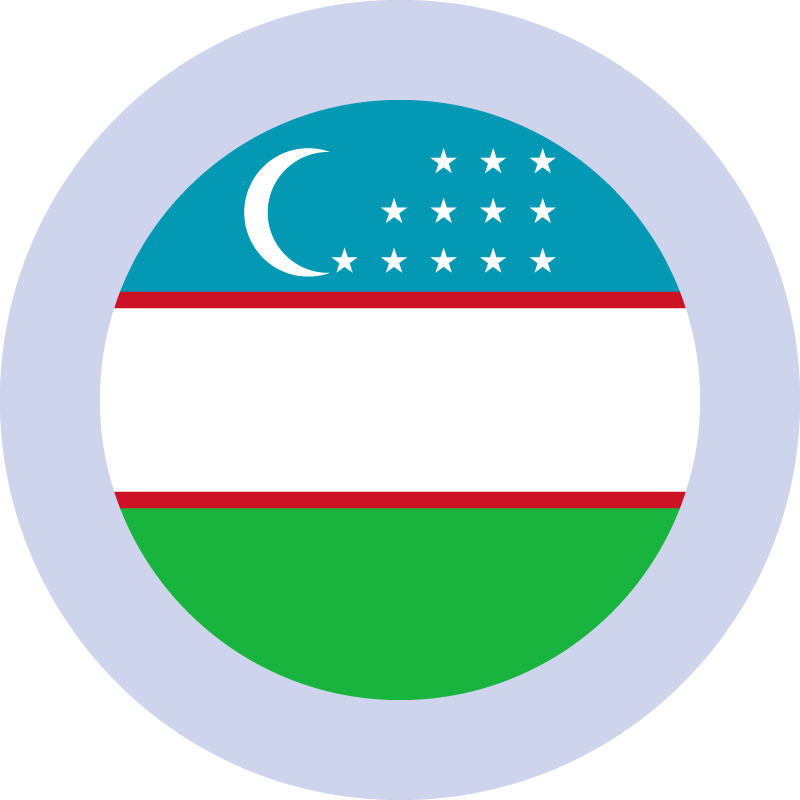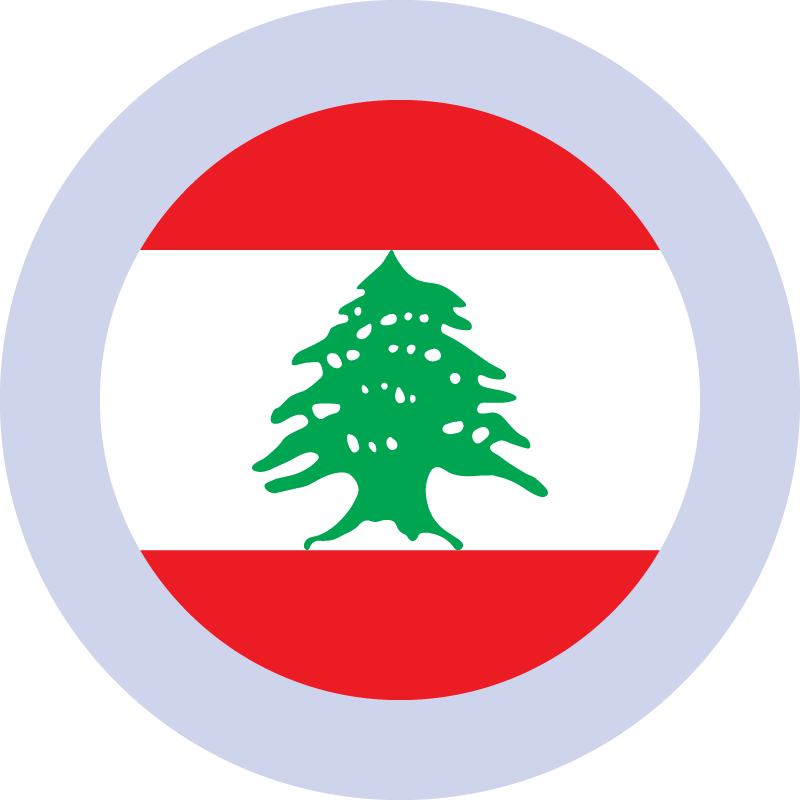 Insight
Insight
Discover our recent blogs
Bridging the gap Engaging with civil society and young people in Uzbekistan
Our latest blog discusses GPG’s work with the Human Rights Commission of the Oliy Majlis in Uzbekistan and our team’s visit to Tashkent in February.
Winning with Women Celebrating International Women’s Day in Lebanon
Moataz Ghaddar is a Lebanese researcher, trainer and consultant supporting GPG on our Lebanon project. Since 2021, he has been working with potential women candidates to run for municipal office in the country. For International Women’s Day, read about the project and the relevance for women to participate in the political scene in Lebanon and beyond.
Why should men care? Women in politics
Following Moataz Ghaddar’s International Women’s Day blog, re-visit this piece by Former FCO Minister and Minister for Women and Equality Meg Munn, in which she introduces the project she worked with GPG on the role of male allies in supporting women’s representation in politics.
 Sudan
Sudan
Lessons from Egypt’s approach to tackling Trafficking in Persons
This month, as part of GPG’s current project in Sudan, GPG visited Egypt’s relevant institutions in charge of tackling trafficking in persons (TIP) in the country.
The visit continued planned activities to develop supporting material and content for Sudan’s National Committee for Combatting Trafficking (NCCT). Its purpose was to include Egypt’s example to an ongoing comparative study on existing coordination mechanisms to tackle TIP. This study uses examples from across Sudan, the United Kingdom, Bahrain (which GPG visited in December), and now Egypt. It will be examining each of these countries’ approaches and identifying lessons that may prove useful for Sudan’s NCCT in the future.
The comparative study will also explore the challenges these institutions encountered and potential takeaways on developing national committees – such as Egypt’s National Committee to Prevent Illegal Migration and Trafficking in Persons (NCCPIM & TIP) – as well as the use of National Referral Mechanisms (NRMs) and their overall coordination mechanisms across institutions, governorates, and international organisations. To that end, GPG met with all the relevant government agencies as well as local and international NGOs and UN-relevant institutions in Egypt. The visit was a success and we look forward to developing high quality cross-comparative content as well as to nurture productive relationships with our Egyptian network.
 Kuwait
Kuwait
A successful visit to the Kuwaiti anti-corruption authority
Global Partners Governance’s project set out to support Kuwait’s Anti-Corruption Authority, Nazaha, in combatting corruption in the country. With the support of parliamentary experts and practitioners, our Associates Sir Nick Harvey, Hannah White OBE, and Sir Paul Silk, GPG’s work provides meaningful support in the development and implementation of anti-corruption mechanisms for the Kuwaiti public sector, as well as for the development of an associated communication campaign.
This month, GPG led a series of interactive webinar sessions with Nazaha to identify key areas of need, present illustrations of best practice, and develop a strategy to strengthen norms around transparency and integrity across the public sector.
Furthermore, our team went on a one-week visit to Kuwait City and met with Nazaha to narrow its institutional focus and develop a mechanism to track progress across public sector agencies. Our team supported Nazaha in its efforts to get public sector buy-in by offering practical recommendations that create individual and institutional incentives to comply with ethical standards and fill crucial gaps in effective anti-corruption communication within the public sector.
GPG’s work with Nazaha provided the agency a long-term strategy to promote a culture of transparency and integrity in the public sector and a practical plan to measure success.
 Uzbekistan
Uzbekistan
Adding the last touches to our support to the Uzbek Human Rights Commission
GPG is adding the last touches to its current project supporting the promotion of human rights in Uzbekistan, which began in 2020. After organising several international fora on youth and human rights and having provided personal training and consultation to the Human Rights Commission’s members, GPG is now in the process of creating a toolkit specially designed for the Commission’s needs, which aims to assist them in planning and conducting parliamentary inquiries.
Additionally, GPG successfully produced and presented its research work on current challenges to human rights in Uzbekistan, the purpose of which being to provide useful analysis for relevant government stakeholders to understand the state of the reform process in relation to human rights in the country. Furthermore, our new research project on regional security in Central Asia is set to be completed by the end of the month. It seeks to assess possible security threats in the regions and their effects on concerned countries.
 Lebanon
Lebanon
Fantastic engagement for the first strand of our Lebanon project
After a very successful and productive visit in February, the Lebanon team wrapped up the first strand of our project, the Women’s Strategic Campaign platform, which delivered eight targeted and adapted sessions covering the specifics of campaign management in the Lebanese context from a technical perspective with the help of our three Associates and renowned Lebanese experts: Dr Josephine Zgheib, Dr Halimeh Kaakour, and Mr Moataz Ghaddar. The sessions were complemented with one-on-one personalised mentorship and follow-up. The participants showed incredible commitment and presented excellent policies for their communities touching on agriculture, public transportation, or youth representation, which they developed as part of the sessions’ activities.
Building on these achievements, the team is now consulting with the participants and working with its local partners to develop the project’s latter strand, which will explore the topic of Male Allies for Women Political Representation. Similarly to the first part of our work, it will bring women and men together to discuss gender bias and the role of men in supporting women’s political journey at the municipal level.
The Lebanon team is now anticipating the upcoming general elections, which are planned to take place on 15 May in Lebanon.



